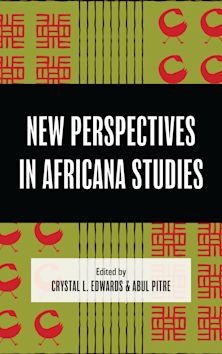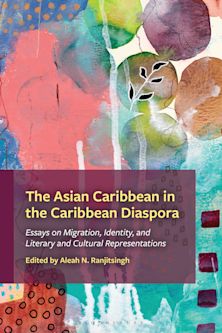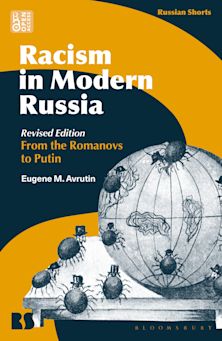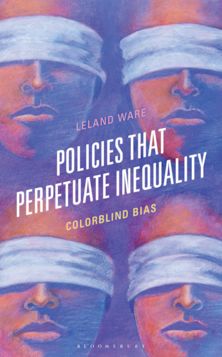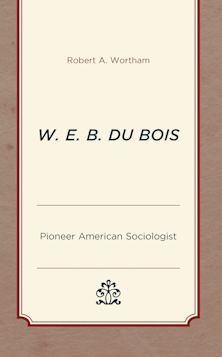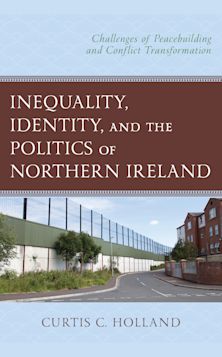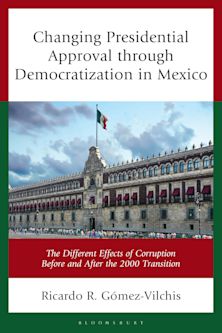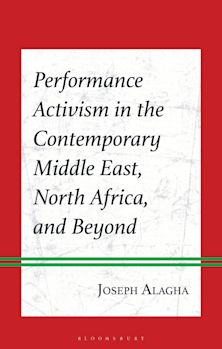Debating Human Rights in China
A Conceptual and Political History
Debating Human Rights in China
A Conceptual and Political History
This product is usually dispatched within 3 days
- Delivery and returns info
-
Free CA delivery on orders $40 or over
Description
Tracing the concept of human rights in Chinese political discourse since the late Qing dynasty, this comprehensive history convincingly demonstrates that-contrary to conventional wisdom-there has been a vibrant debate on human rights throughout the twentieth century. Drawing on little-known sources, Marina Svensson argues that the concept of human rights was invoked by the Chinese people well before the adoption of the Universal Declaration of Human Rights in 1948, and that it has continued to have strong appeal after 1949, both in Taiwan and on the mainland. These largely forgotten debates provide important perspectives on and contrasts to the official PRC line. The author gives particular attention to the issues of power and agency in describing the widely divergent views of official spokespersons, establishment intellectuals, and dissidents. Until quite recently the PRC dismissed human rights as a bourgeois slogan. Yet the globalization of human rights and the growing importance of the issue in bilateral and multilateral relations have forced the regime to embrace, or rather appropriate, the language of human rights, an appropriation that continues to be vigorously challenged by dissidents at home and abroad. By exploring the relationship between domestic and international human rights discourses, this study offers new insights not only into the Chinese but also into the Western human rights debate. Students and scholars of China and of human rights will find this work an important tool for understanding one of the great issues of our time.
Table of Contents
Chapter 2 The Conception of Human Rights in the West: Historical Origin and Contemporary Controversies
Chapter 3 Culture and Human Rights: Between Universalism and Relativism
Chapter 4 China and the Introduction of Western Thought
Chapter 5 Ideas of Human Rights in the Early Twentieth Century: The Quest for National Salvation
Chapter 6 The New Culture Movement and Beyond: Human Rights and the Liberation of the Individual
Chapter 7 The Nanking Decade, 1927-1937: Liberal and Radical Voices on Human Rights
Chapter 8 Human Rights Debate in Wartime China: Between Individual Freedom and National Salvation
Chapter 9 The 1950s: Human Rights Debates on Two Sides of the Taiwan Strait
Chapter 10 The Domestic Challenge Over Human Rights: The Democracy Wall Activists and the Official Reaction, 1978-1982
Chapter 11 A Contested and Evolving Discourse: Human Rights Debates since the Late 1980s
Chapter 12 The Chinese Human Rights Debate: Conclusion and Prospects
Chapter 13 Glossary
Product details
| Published | May 14 2002 |
|---|---|
| Format | Paperback |
| Edition | 1st |
| Extent | 400 |
| ISBN | 9780742516977 |
| Imprint | Rowman & Littlefield |
| Dimensions | 228 x 148 mm |
| Publisher | Bloomsbury Publishing |
Reviews

ONLINE RESOURCES
Bloomsbury Collections
This book is available on Bloomsbury Collections where your library has access.












